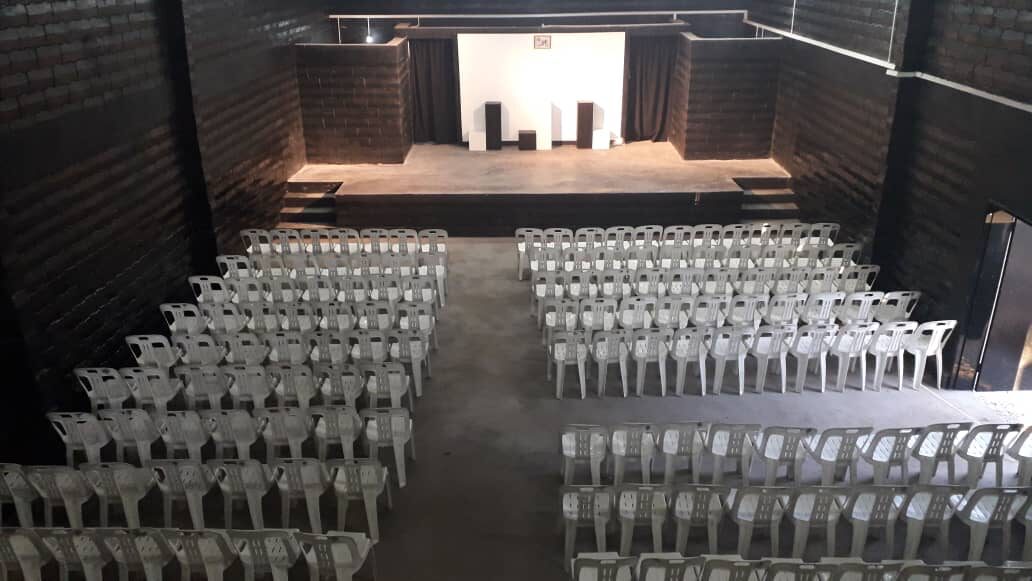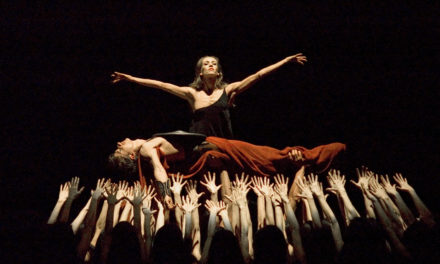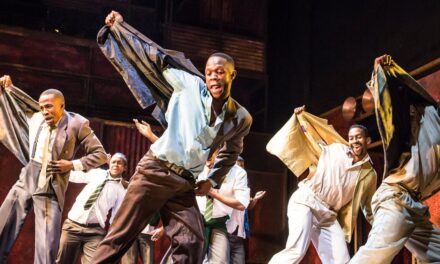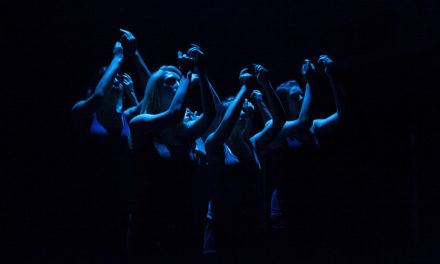The construction of performance spaces for creatives in Zimbabwe has been somewhat on the slow end. Since independence very few spaces have been developed to cater to the arts and to make matters worse, there is no policy that seeks to address this.
Whilst musicians can complain about poor acoustics in most of the spaces that are available to them, usually bars, at least they have something. Theatre folks, on the other hand, don’t have much.
Though we have Theatres built way back in the day in cities such as Bulawayo, Harare, Gweru, Masvingo and Mutare, due to neglect by councils, they have now been run down and need some heavy investment to get them functional again.
In Harare specifically, after the colonialists built the Reps Theatre which is still functional to this day, back in the 1960s, no other theatre was ever constructed.
Fortunately, four years ago, Theatre In The Park (TITP), which used to stage performances in a gazebo, sourced funding and built a new space in Harare Gardens right in the heart of the Central Business District.
Today, youngsters who could not access Reps due to its busy calendar year can now show off their talent at TITP.
Come 2019, things get sweeter!
On May 8, 2019, another space was opened in the capital city. The Jasen Mphepo Little Theatre is serving a big purpose contrary to its name. Since opening its doors there has been a hive of activity with close to 10 productions being staged to date. These include, Inside Out, A 1000 Miles, Imbokodo, The Storm, Sweet Opium, and Ukama.

Jasen-Mphepo, the brains behind the new space in Harare. Photo from the original article.
We spoke to the brains behind the project, Jasen Mphepo and he shared more about the space.
“The idea of the theatre was inspired by the need to develop a space where theatre artists, dancers, poets and musicians alike can showcase their work and talents,” said Mphepo. “The theatre itself was built for the purposes of creating more spaces of art exhibition. A space where new talent can be discovered and nurtured as well as to ensure growth of the arts industry.”
With Harare already having a few more options compared to other cities, why not construct the theatre which is estimated to have cost US$35000 elsewhere? “Patsime Edutainment Trust which houses the Little Theatre is based in Harare, and we own our own space, hence it made sense to build the theatre in a space in which we have control over,” he explains.
Besides the lack of performance spaces, mentorship is one factor that impedes the growth of the genre. Students from college are endowed with the theory aspect but struggle with application. The Little Theatre seeks to address this anomaly. “We are offering about six theatre arts students from the University of Zimbabwe mentorship programs, starting September 2019,” he shared.
Sustainability is the key factor affecting many arts institutions when donor funding fades. Does the theatre have a plan if donor funds cease to flow? Responds Mphepo: “Unfortunately funding is mostly the only means of sustaining arts institutions world over and this is not unique to Zimbabwe only. We are trying our best to market the venue as a multipurpose facility that can be hired by different artists and other players who may find the venue suitable for their functions and events. We are also working on audience building such that we have a good following from audiences of our productions, whom we would want to encourage to keep supporting us so that we can assure sustainability of the theatre and other activities at the theatre.”

Scenes from a play that was recently staged at the theatre. Photo from the original article.
The few established spaces available normally focus on known theatre practitioners but this new space caters to all, including women in theatre. “We are working with all groups; the older and known theatre folks as well as the new theatre folks to ensure skills cascading, and mentorship of the new theatre folks. Patsime works with all genders, females and males alike. Currently, we have under our fulltime staff members, a staff complement of over 20 people and the majority are females.” He explained.
Another challenge we witnessed when TITP was opened is a failure by the poorly funded theatre community to produce well researched, thoroughly rehearsed and captivating content. This also hurts audience cultivation as the show schedules are inconsistent and when they do happen the quality is not good at all. Mphepo says they are also trying to work around the challenge. “The approach we have taken is that we are opening up our venue to different players who may want to showcase their work at the theatre, that is music, poetry, theatre, and dance. The venue does not only host theatre shows every fortnight but has a mixed bag of events.”

Minister of Arts Kirsty Coventry taking a tour of the Little Theatre. Photo from the original article.
To ensure regular productions and activities, they have also employed fulltime artists who are tasked with developing new works constantly developing new theatre plays.
They have also employed an open door policy that sees them partnering with other production houses, like Savanna Trust, Nhimbe Trust, and Intwasa Trust to avail more productions and opportunities to the audiences and ensure that content creators are not working in isolation.
The battle is however not yet over. The space still needs all the support it can get from all players from all sectors including corporate organizations and other funders to support them and “to ensure that we keep the venue churning out more productions.”
For now, theatre-makers and audiences in Harare can celebrate as it looks like the Jasen Mphpo Little Theatre is off to a good start and headed in the right direction so far!
This article was originally published in The African Theatre Magazine on September 7, 2019, and has been reposted with permission.
This post was written by the author in their personal capacity.The opinions expressed in this article are the author’s own and do not reflect the view of The Theatre Times, their staff or collaborators.
This post was written by Takudzwa Chihambakwe.
The views expressed here belong to the author and do not necessarily reflect our views and opinions.


















